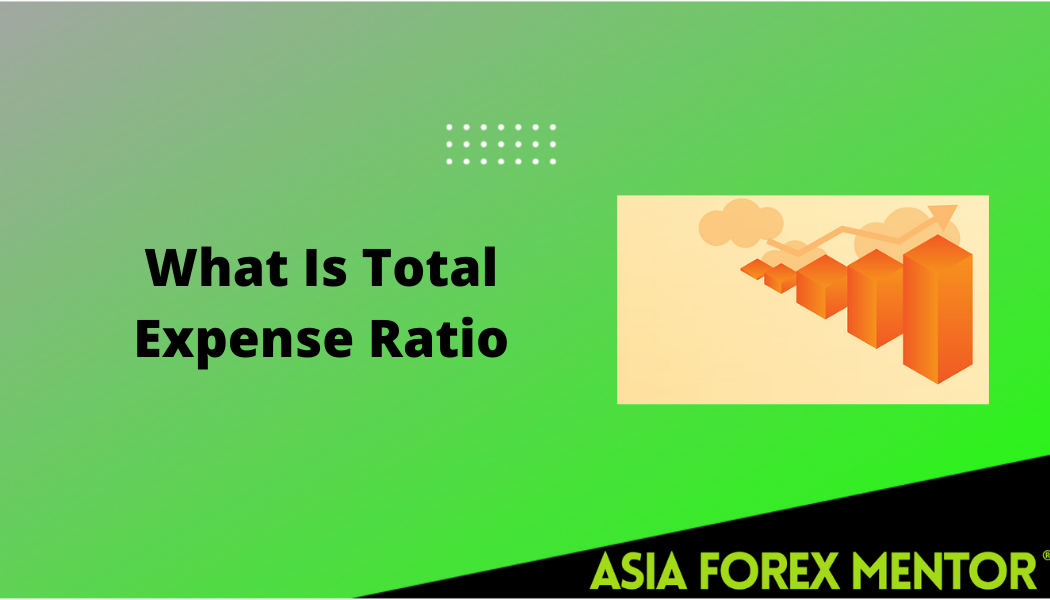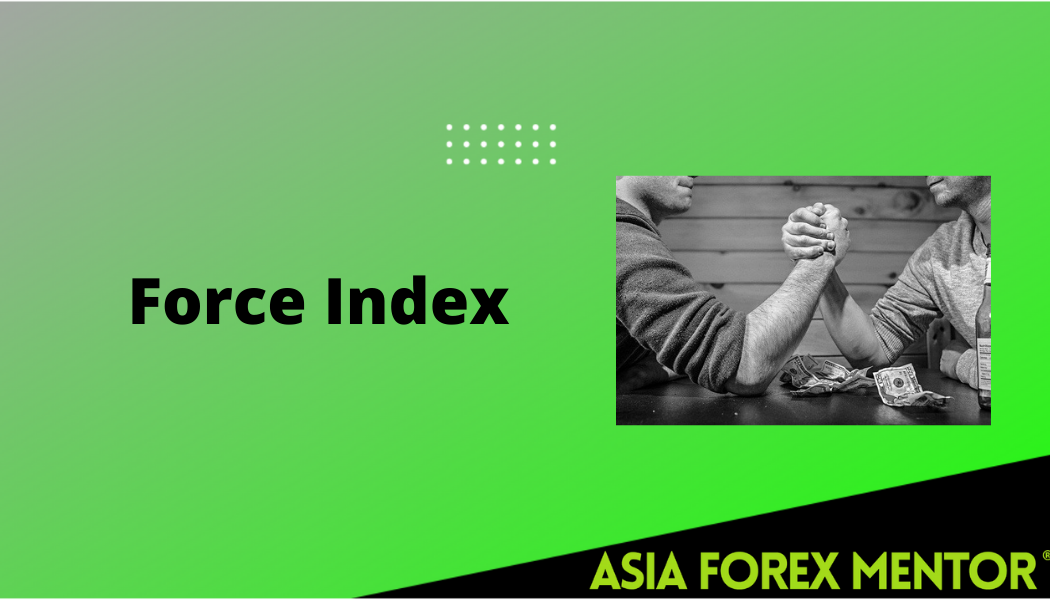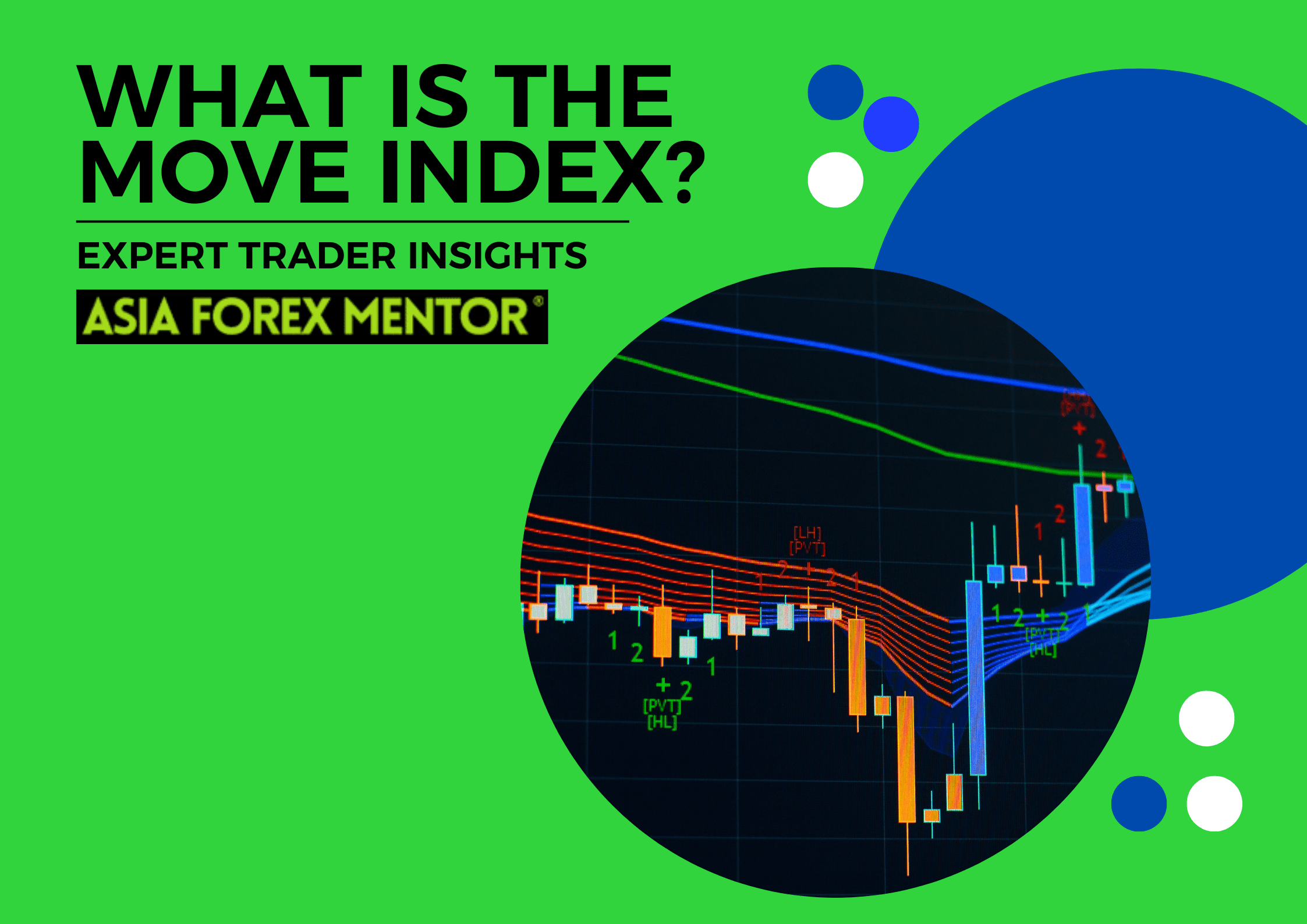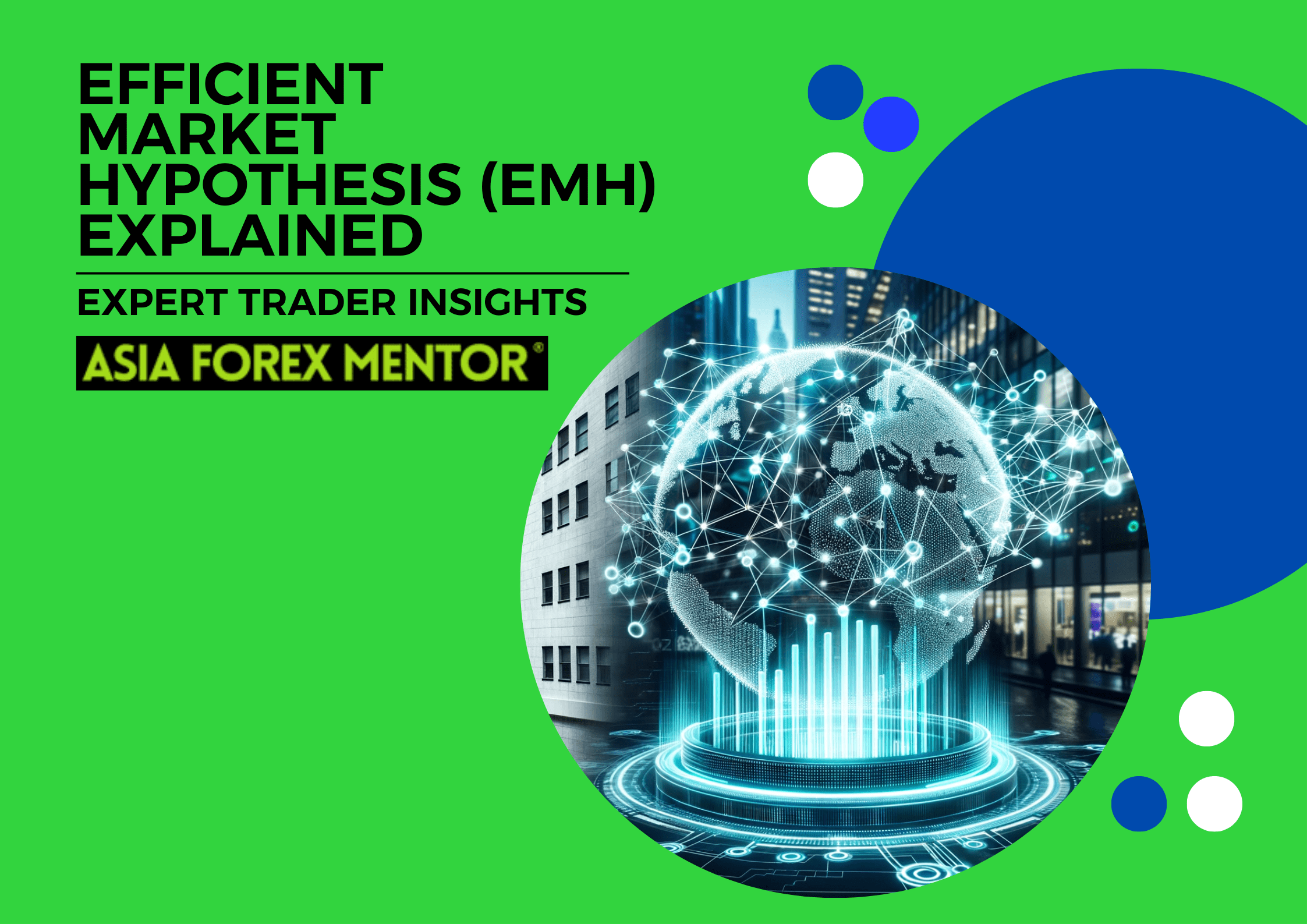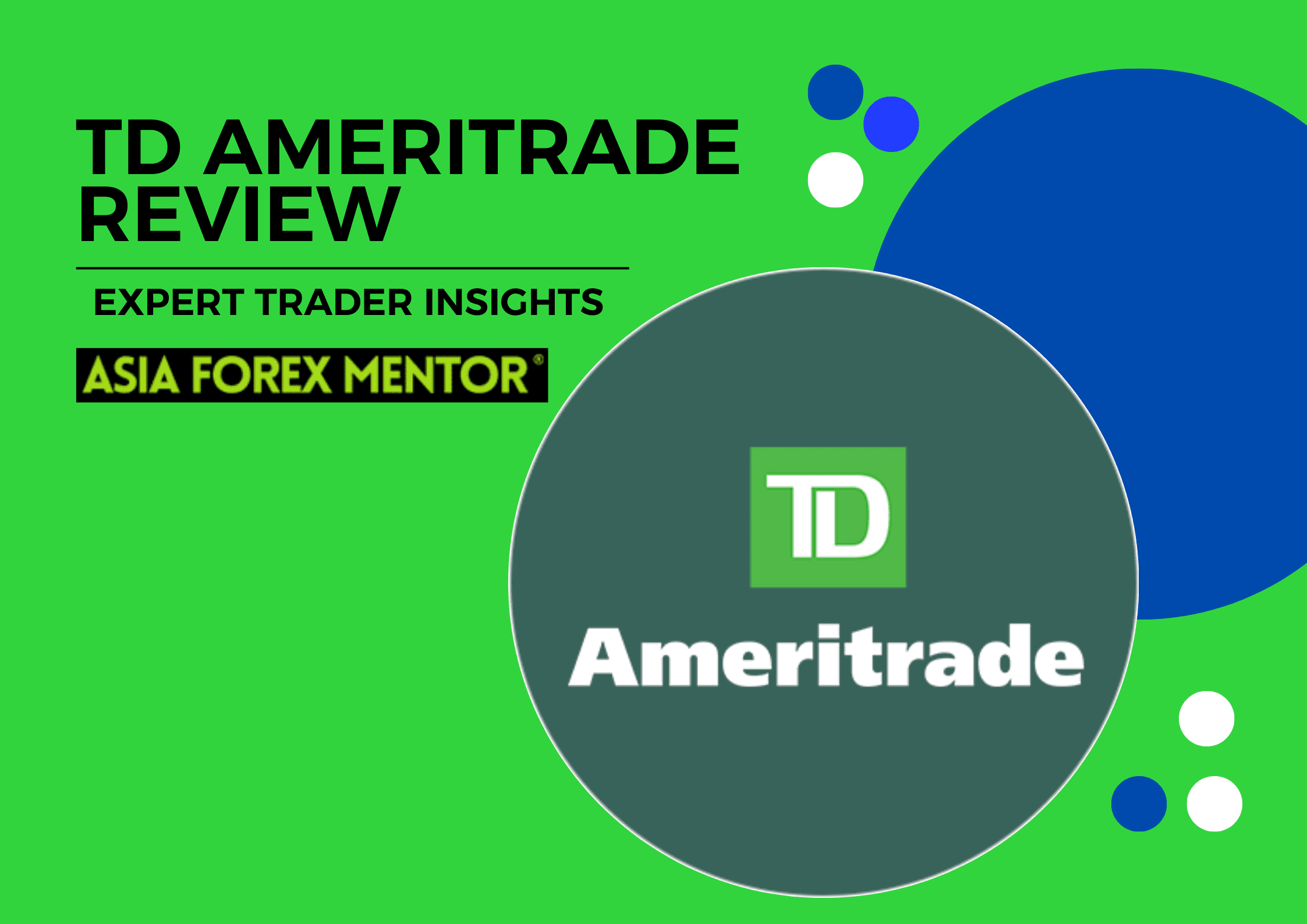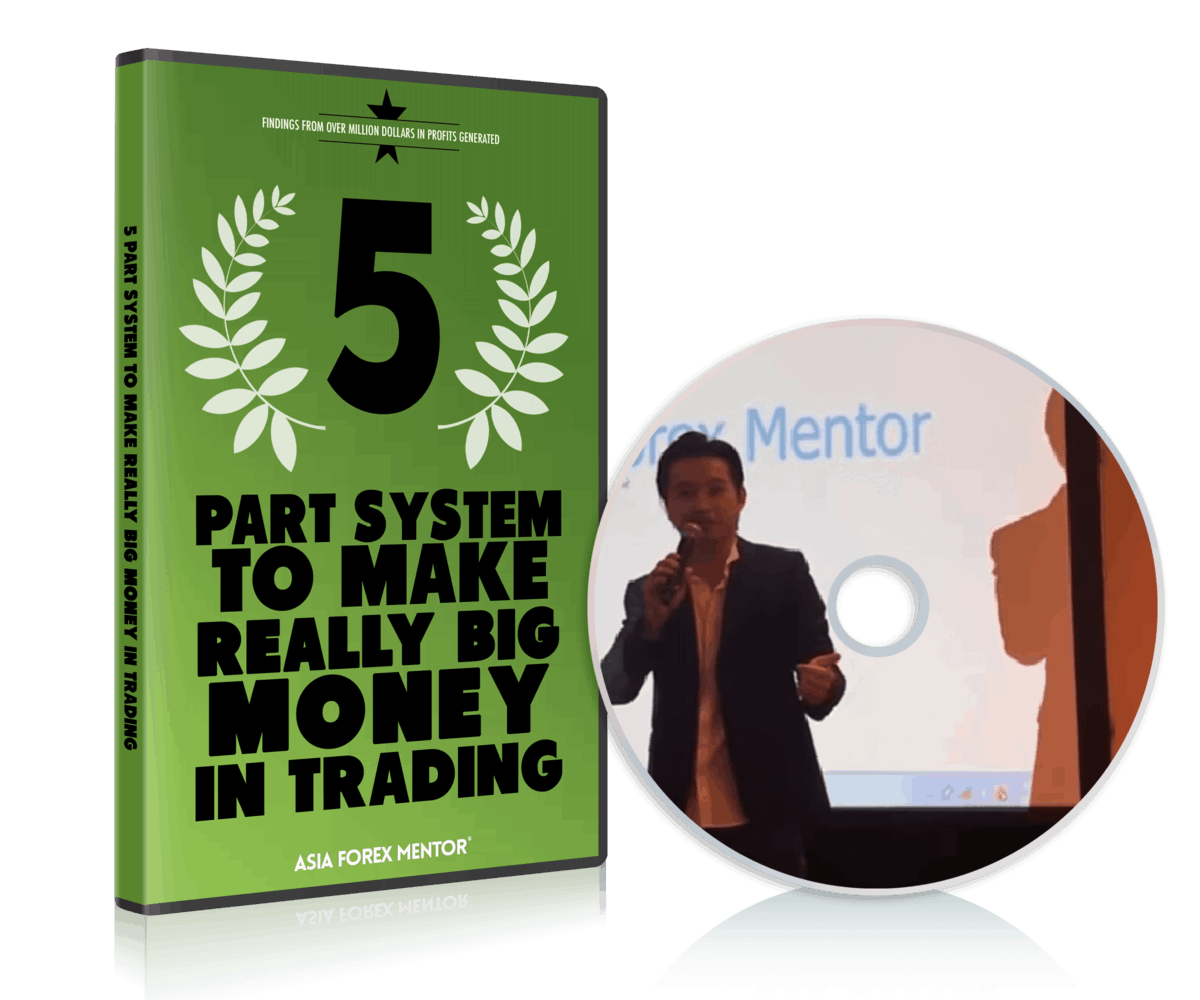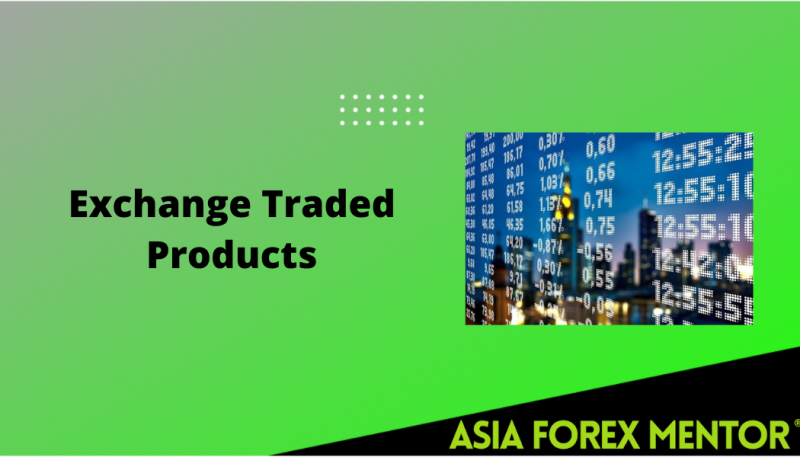
Contents
- What is an Exchange Traded Product?
- Types of Exchange Traded Products
- How do ETFs Work?
- How to Invest in Exchange Traded Funds?
- Passively Managed ETPs
- Actively Managed ETPs
- Characteristics of Exchange Traded Products
- Exchange Traded Accounts vs. Mutual Funds
- Final Thoughts
- FAQs
What is an Exchange Traded Product?
This is a product that is traded on the stock exchange market. It can also be listed like a bond so that traders can buy and sell it in the equity trading markets. ETPs are forms of securities that help in tracking some core securities, financial instruments, and indexes.
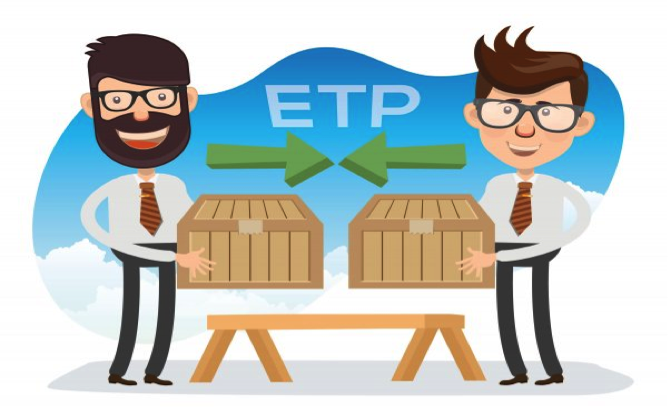
It is important to note that these exchange-traded products are on exchanges like stocks so you should expect a price change.
The price change can occur daily or in intraday. The ETP prices are gotten from the primary investments that are being tracked.
Those looking for a safe and effective way to broaden their investment portfolio can do so by getting open to an asset class or index.
The exchange-traded product is a passive investment that comes with low fees unlike active mutual funds and index funds.
All these stand as an easy route for investors looking to expose themselves to an extensive selection of assets.
Exchange-Traded Products are designed as unit investment trusts (UTIs) that are registered, exchange traded funds (ETFs), grantor trusts, commodity pools, or exchange-traded notes (ETNs).
Most ETPs are designed as ETFs or UTIs because their shares stand as an interest in one’s portfolio of assets. The portfolio of assets present can track any fundamental index or benchmark.
For the sake of achieving set objectives, ETPs have to make investments in bonds, stocks, commodities, or currencies primary to the benchmark.
ETPs also have to use a sampling strategy as a representative since it seeks to accomplish a similar act to the benchmark. This has to be done without investments made to the primary assets of the benchmark.
Also Read: How to Trade Futures – A Beginner’s Guide
Types of Exchange Traded Products
Exchange-traded products can act as a yardstick for innumerable investments. Some of these investments include stocks, bonds, commodities, and currencies.
Photo Credit: shutterstock.com
With the fluctuation in the price of ETPs, there is a potential for gains by investors, and also risks for losses in the market. There are quite a several underlying investments contained in ETPs. Here are the types of exchange traded products there is:
Exchange Traded Notes (ETNs)
The exchange traded notes is said to be similar to the ETFs because it has the power to track an underlying index of commodities and make trades on some key exchanges.
ETNs can also be referred to as several bags with debt securities that are not secured. Investors are paid by the ETN through returns from indexes tracked at maturity.
Some traders and investors outlined that ETNs have similarities with bonds. This is so because, at maturity, investors get returns from the original amount they invested.
It is important to note that ETNs do not pay interest payments periodically and investors of ETNs have no ownership of the securities in the index which they track.
Consequently, the creditworthiness of an issuer is the determinant of returns from any underlying index. It is also a determinant of investors being paid back their principal investment.
Exchange Traded Commodities (ETCs)
These are known as debt mechanisms that have no following on interest payments. This means that exchange traded commodities do not come with interests.
The ETCs are however structured to provide investors with access to a bunch of items or single products at most.
Exchange traded commodities come with a framework that helps in offering investors substantial exposure to some currencies. The ETCs do this as a currency basket or individual currency pair; either of the two goes.
Exchange Traded Funds (ETFs)
Those who are familiar with the mutual fund will understand that exchange traded fund (ETFs) encompasses a bunch of investments that include bonds and stocks.
Usually, exchange traded funds (ETFs) tracks S&P 500 as an underlying index but it also monitors sectors, currency, industry, and commodities.
Exchange traded funds have their price fluctuating all the time; this means that the price can rise and fall just like every other investment. The products of exchange traded fund are traded all day long like stocks in the exchange market.
ETFs are very popular but their popularity is a result of the low fees that have been in place due to passive management. If a passively managed ETF tracks the S&P 500 index, the exchange traded fund gets ownership of the 500 stocks contained in the index or mutual fund.
Contrary to the above, an ETF with active management comprises of buying and selling of stocks or securities by an investment manager, thereby leading to higher fees. It is noteworthy that some types of ETFs combine active and passive characteristics.
How do ETFs Work?
For exchange traded funds, the cash provider has the primary assets, designed to track fund performances before selling shares in the funds to investors.
Some shareholders own a fraction of an ETF but they don’t have ownership of core assets in the said funds.
Most investors in ETFs that keep track of the stock index might end up getting reinvestments, payments of lump dividends, for the stocks that form the index. ETF is a basket of stocks that are structured to track the worth of a fundamental index or asset.
Some of the underlying assets include a basket of stocks like S&P 500 or gold that are traded in the market. Due to expenses, there will be a difference in long-term returns and core assets in ETFs.
ETFs examine the world of assets like bonds, currencies, stocks, and commodities and puts them in a category with an exceptional ticker. This category is just like a hamper and it is available for investors to buy.
Buying the basket of shares is like buying shares of a company. ETF can be traded by buyers and sellers on any exchange that accredits it like stocks.
How to Invest in Exchange Traded Funds?
To successfully invest in exchange traded funds, there are a few steps and clicks to follow. Note that the amount of offerings differs according to broker even though the assets are normal offerings. Here are the steps to follow:
- Open up a brokerage account by yourself or you can do it with a robo-advisor. Brokerage accounts are the platforms for investments, that is, your investments will be safe there. The fact that you own a brokerage account doesn’t automatically mean you have investments. You can invest in your ETFs after opening the account
- Make a research on the ETFs you want to invest in. This might sound like a hassle but it is an interesting exercise. There are multiple ETFs in the market and choosing the best might not be easy but you can use a screener to help narrow down your choice. The online screener would help you in getting ETFs with funds in a certain sector, low-cost ETFs, or the ones with a social and environmental focus.
- Purchase an ETF using the brokerage trading function on your account. Figure out the particular ETF you want to buy and place the trade. Be sure to check your order before officiating it.
- Next up, you hold on to the ETF you got. The length of time at which you hold your ETF depends on the investment strategy you come up with. Investing for retirement will require keeping your ETF for a longer period and holding on for long makes things better. The longer your hold on an ETF, the longer your interest.
Also Read: Backtesting Trading Strategies
Passively Managed ETPs
This type of ETP helps in duplicating the performance of indexes and the yardstick being tracked. ETPs that are leveraged seek to offer a good number of acts by the indexes or even the benchmark that is tracked. The opposite of a benchmark or even an index is delivered by an inverse exchange traded product.
Since the inverse ad leverage, ETPs are structured to have a daily achievement and objective, they reset daily as well.
Note that these ETPs would have a diverged performance if they are kept for a long period and they would sway from their supposed underlying benchmark and index.
The result of withheld ETPs could lead to a high-risk level, market risk, limitation, positive and negative compounding risk, volatility risk, and liquidity risk. Bear in mind that the effect of this could be expanded in volatile markets.
Actively Managed ETPs
ETPs that are actively managed do not attempt to mirror the performance of a passive index of securities. Instead, they employ an active investment technique to achieve their investment goal.
The decision of any investor is usually dependent on whether the ETP investment manager can select securities that will exceed the benchmark over a certain market cycle, a longer period, or net of the ETP’s expenses. Fees for actively managed ETPs are often greater than passively tracked ETPs of an index.
Characteristics of Exchange Traded Products
Some characteristics of exchange traded products are mentioned below:
ETPs tracks underlying assets
They provide the same revenue as the fundamental assets or index. This is to provide an expanded investment per transaction.
ETPs are passive investment
They are translucent and are economical ways to be mirrored by an asset class. The maintenance fees of this passive investment are lesser than the active mutual funds or index funds.
They are listed on exchanges
ETPs are listed on exchanges as the performance of the investment that can be accessed on an intraday basis through live prices.
ETPs are traded like shares
ETP trades are like shares but they are designed to be similar to a core index or the return of assets that are convenient to trade. ETPs are easy to sell and buy like any other shares when available in the market.
Reasons to Use an Exchange Traded Product
ETPs are used for several reasons of which some include transparency, flexibility, simplicity, accessibility, and cost-effectiveness.
Photo Credit: capital.com
Exchange Traded Accounts vs. Mutual Funds
Exchange traded products (ETPs) were created to provide investors with increased freedom than equity funds. Mutual funds are investment vehicles that are made up of a group of securities that are funded by an investor group and handled by experienced financial advisers.
At the end of the trading day, mutual funds are normally valued only once. ETPs are similar to stocks in that they’re being traded at any time of day, and their prices fluctuate. For example, a trader can use ETFs to place a purchase or sell order with a broker at a certain rate.
Unlike index funds, an investor can purchase an ETF in the morning and sell it at the end of the day. Management fees in ETPs are often lower than in mutual funds.
ETPs also need a trading account to operate, thus if it isn’t one of the ETFs that the brokerage allows to be traded openly, buying and selling ETP units may lead to a brokerage commission. All of the big discount brokers offer commission-free trading on the majority of higher-yielding ETPs.
Disparities in the bid and ask (buy and sell) prices may further raise the price of trading ETPs. Some no-load or no-fee mutual funds, on the other hand, do not need a trading account and could be actively traded with no need for a trading commission.
Final Thoughts
An ETP allows investors to expand their portfolios by increasing exposure to indices. They usually trade on a similar stock market and must adhere to similar regulations. It is a passive investment with usually cheaper fees than equities index funds and active mutual funds, which allows an investor to gain exposure to multiple investments easily.
FAQs
What is the difference between ETP and ETF?
ETFs are simple vanilla passive funds that are traditionally passive. ETP is primarily financial based investments that bet on the underlying indexes. PDT is money versus assets. ETFs are like Mutual Funds and they only invest money in index-linked asset classes.
What are exchange traded instruments?
Exchange traded instruments are investment instruments that can be traded freely on a stock exchange. These cover various asset classes, providing insight into particular markets, sectors, or investment strategies.
How do exchange traded products work?
Exchange traded products are investments traded on an investment stock exchange that invest in the underlying stock or asset. It usually passively follows a benchmark index or some other benchmark but is occasionally actively supervised.
What is an exchange traded asset?
Exchange traded funds are a form of security that track indexes, sectors, commodities, etc. but which can be purchased or sold at a stock market as regular stocks can.


